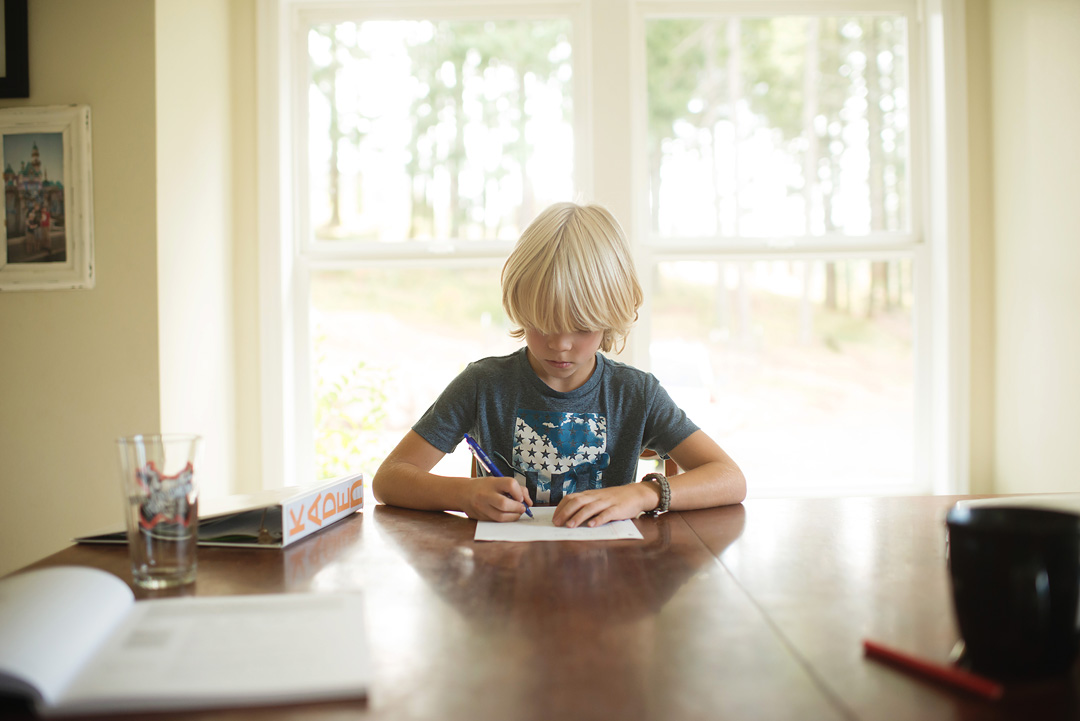Homeschooling has become an increasingly popular choice for parents who value the flexibility and personalized education it offers. However, one of the concerns that homeschooling parents often face is how to ensure their children remain socialized and connected with their peers. In this blog post, we will explore some effective strategies to help your homeschooled child develop strong social skills and build meaningful relationships with others.

Strategies for Socialization in Homeschooling
1. Join a homeschool co-op or group
One of the easiest ways to expose your child to other homeschooled children is by joining a homeschool co-op or group. These organizations typically offer a variety of classes, activities, and field trips that allow your child to interact with peers while pursuing their interests. Co-ops also provide an opportunity for parents to connect with each other, share resources, and support one another in their homeschooling journey.
2. Attend community events
Participating in community events, such as festivals, sports games, and theater performances, can be a fun way for your child to meet new people and make friends. Look for events that align with your child’s interests, and encourage them to strike up conversations with other attendees. You may even want to organize a family outing to these events, allowing your child to invite friends from the co-op or group.
3. Enroll in sports teams or clubs
Sports teams and clubs provide a structured environment for children to develop social skills while engaging in physical activity. Whether it’s soccer, dance, or chess club, enrolling your child in a team or club can help them build friendships with peers who share similar interests. Additionally, these activities often involve teamwork and cooperation, which are essential life skills that will benefit your child both socially and academically.
4. Host playdates and sleepovers
Organizing regular playdates and sleepovers with friends from the co-op, community events, or sports teams can help your child develop strong bonds with their peers. These casual gatherings allow children to relax, have fun, and engage in imaginative play, all while strengthening their social skills. Be sure to supervise these events and encourage positive interactions among the children.
5. Volunteer together
Volunteering as a family can be a rewarding way to give back to your community while providing opportunities for your child to interact with others. Look for volunteer projects that interest your child, such as animal shelters, food banks, or local nonprofits. By working together on these projects, you can teach your child the importance of empathy, compassion, and teamwork while helping them develop social connections with others.
Conclusion
Homeschooling provides many benefits for families, but socialization remains a crucial aspect of a child’s development. By implementing these strategies and encouraging your child to participate in various activities, you can help them build strong social skills and maintain meaningful relationships with their peers. Remember that every child is unique, and it’s essential to respect their individual needs and preferences when it comes to socialization. With patience, encouragement, and a little creativity, you can help your homeschooled child thrive both academically and socially.
